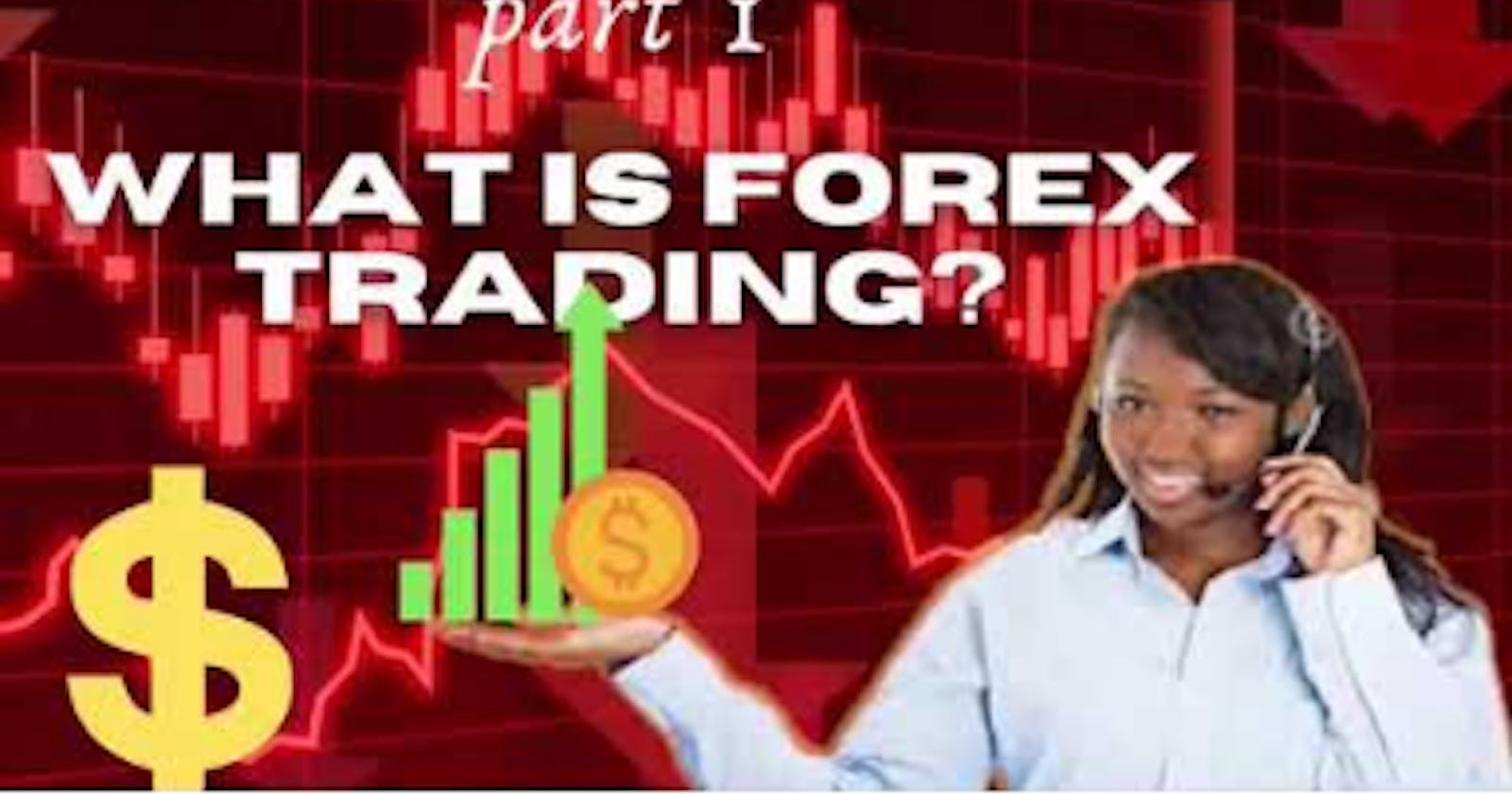A broker is a person or company who works as a go-between for an investor and a securities exchange. When a company works as an agent for a customer and charges the consumer a commission for its services, it is referred to as a broker.
or
What exactly is a broker? A broker is a person or company who works as a go-between for an investor and a securities exchange. Individual traders and investors require the services of exchange members since securities exchanges only accept orders from persons or organizations that are members of the exchange. Brokers provide that service and are paid in a variety of ways, including commissions.
Broker Basics As well as executing client orders, brokers may provide investors with research, investment plans, and market intelligence. They may also cross-sell other financial products and services their brokerage firm offers, such as access to a private client offering that provides tailored solutions to high net worth clients. In the past, only the wealthy could afford a broker and access the stock market. Online broking triggered an explosion of discount brokers, which allow investors to trade at a lower cost, but without personalized advice.
A broker is an individual or firm that acts as an intermediary between an investor and a securities exchange.
A broker can also refer to the role of a firm when it acts as an agent for a customer and charges the customer a commission for its services.
Discount brokers execute trades on behalf of a client, but typically don’t provide investment advice.
Full-service brokers provide execution services as well as tailored investment advice and solutions. Brokers register with FINRA, while investment advisers register through the SEC as RIAs.
What is a forex broker? A foreign exchange broker, or forex broker, is a financial service provider that lets you buy and sell currency.
It’s a bit like a middleman between traders and the interbank, which is a global market that allows you to trade foreign currency.
Traditionally, a forex broker would buy and sell currencies on your behalf. But today there are lots of online forex brokers that offer trading platforms for you to trade currencies yourself.
Before you can start trading foreign currency, you’ll need to find a forex broker to access the market.
There are lots of forex brokers to choose from so it helps to shop around and compare what they have to offer before signing up.
Some forex brokers are part of larger financial companies that offer a range of investment options like shares, funds, and bonds. While others are smaller companies or individuals that specialize in forex.
Forex brokers fall into two main categories:
Dealing desk: Dealing desk brokers, or market makers set a fixed spread for buying and selling currencies. Dealing desk brokers are often used by institutional investors because they create their own market for their clients to trade-in. No dealing desk: No dealing desk brokers analyze currency prices from different financial institutions, such as banks, and pass the best one onto traders. No dealing desk brokers are more common among individual investors, or retail traders, because it’s harder for them to access the interbank and make trades themselves. FCA authorized The Financial Conduct Authority (FCA) regulates companies that offer, promote, or sell financial services or products in the UK.
If a forex broker is authorized by the FCA, your investment will be protected by the Financial Services Compensation Scheme (FSCS).
The FSCS protects investments of up to £85,000 if a firm goes bust or you received poor advice that caused you to lose money.
Unauthorized firms aren’t protected by the FSCS so it’s more difficult to recover your money if anything goes wrong with your investment. These firms are also much more likely to be scams.
Currency pairs In forex, currencies are traded in pairs - called currency pairs. That’s because when you buy one currency, you simultaneously sell another.
There are three main types of currency pairs:
Major currency pairs: the most commonly traded currency pairs in the world. Minor currency pairs: ones that don’t include the US Dollar (they’re sometimes called cross-currency pairs). Exotic currency pairs: includes the currency of a major economy and one from a developing economy. Most forex brokers will cover major currency pairs but not all offer minor and exotic pairs. So it’s worth checking which currencies you’ll have access to before choosing a forex broker.
Leverage and margin Leverage lets you borrow from a broker so that you can trade larger amounts of currency. You have to put down a small initial deposit, called a margin, and the broker will top up the rest.
For example, if a broker offers leverage of 1:20 it means that you can make trades 20 times the value of your margin. The amount of leverage offered varies between brokers so it’s worth comparing them to find the most suitable one for your investment strategy.
Although leverage can be a handy tool, it also increases your risk of losing money if a currency loses value.
Here’s an example: let’s say trader 1 and trader 2 both have £5,000 to invest in GBP/USD.
Trader 1 uses a leverage of 1:20 to increase their investment to £100,000. They use their £5,000 as margin and their forex broker adds the additional £95,000 to their account.
Trader 2 decides not to use leverage.
If the value of GBP/USD increases 5%, trader 1 makes £5,000 profit from the investment whereas trader 2 makes £250.
But, if the value of GBP/USD decreases 5%, trader 1 loses £5,000 (which is all of their initial deposit) while trader 2 loses £250.
In some cases, you could lose more money than your initial deposit and your account may go negative. If that happens your broker may ask you to repay the additional money lost.
So, it’s important to fully understand the risks involved and how much you could lose before using leverage, as it essentially leaves you with unlimited risk. There isn’t a bottom limit to how much you could stand to lose, unlike a traditional investment where the most you could lose is the money you put in at the start.
Spread Forex brokers usually make money through the spread, which is the difference between the buying price and the selling price of a currency pair.
There are two different types of spread:
Variable spread: the price difference changes depending on market conditions. Fixed spread: the price difference stays the same. Variable spreads tend to be cheaper than fixed spreads when the market is busy and it’s easy to buy and sell currency pairs.
But they can rise in price very quickly if the market is quiet or it’s difficult to exchange currency.
Although fixed spreads are generally more expensive, they can protect against dramatic changes in the market.
FOR MORE FOREX NEWS CLICK HERE
Fees It’s important to look out for any additional fees or charges that a forex broker may have, as they can eat into your profit.
Some of the fees to look out for include:
Account fees: usually charged monthly or annually to keep your account open. Inactivity fees: a charge if you stop trading after a certain length of time. Price per trade fees: a charge for each trade you make. Currency conversion fees: the cost of converting profits into the main currency you trade-in (this is known as the base currency). Customer service The forex market is global and trades 24 hours a day so it's important to choose a broker that has reliable customer support whenever you need it.
You can compare reviews about forex brokers to get an idea of how good their customer service is.
It’s also worth testing out their different contact channels to see how long it takes to get through to someone.
What are forex broker scams? Forex broker scams involve criminals pretending to be legitimate services that already exist to trick investors out of their money.
They usually copy the name, contact details, and registration number of an authorized forex broker. Some even create identical websites to trick investors into paying them.
It’s always worth checking the FCA register to see whether a forex broker is authorized by the FCA. If they’re not on the list, they could be a scam broker. Always use the contact number given in the register to contact any firm, as it is not uncommon for firms to use the exact same details with a different contact number.
The FCA also has a warning list of unauthorized firms to avoid too. So be sure to check if a broker is on there before investing.
If you have any doubts about a forex broker, you can contact the FCA to find out whether the company is legitimate and report any unauthorized firms.
What can I do if I have been scammed? If you think you’ve fallen for a forex broker scam it’s really important to act quickly.
You need to contact your bank as soon as possible if you have:
Made a payment using a debit or credit card. Made a payment via bank transfer. Given away personal information. You should also report the scam to Action Fraud and the FCA so that they can investigate and try to recover your money if possible. It could also help stop other traders from being affected by similar scams.
WARNING: We cannot tell you if any form of investing is right for you. Depending on your choice of investment your capital can be at risk and you may get back less than originally paid in.

